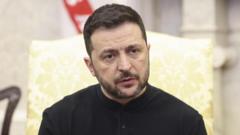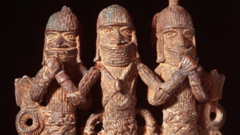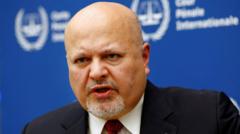Somewhere in the Netherlands, a troubling statistic has emerged regarding sperm donation: men have unknowingly fathered dozens of children, with one donor reportedly having sired up to 125 children. This startling information comes from a new national registry aimed at tracking sperm donor contributions, which recently released its first data set.
The registry has identified 85 sperm donors who have fathered more than 25 children each, raising serious concerns about the risk of consanguinity and genetic anomalies as these children grow up and seek partners. The findings suggest that the number of half-siblings born from sperm donations may be far greater than previously understood by Dutch authorities.
In a recent letter to the Parliamentary body, Vincent Karremans, the Minister for Youth, Prevention, and Sport, acknowledged that insufficient oversight and poor record-keeping by fertility clinics have contributed to the phenomenon of mass donation. These issues have resulted in cases where a single sperm donor can have more than 25 offspring without any notification.
To address these alarming findings, a new law has come into effect as of April 1, mandating stricter tracking of sperm donations. Mr. Karremans expressed his regret over the discoveries, extending support to the parents who relied on these clinics, highlighting the potential for their children to have numerous half-siblings.
This evolving situation has attracted significant attention to the ethics and regulations surrounding sperm donation practices in the Netherlands, with policymakers pondering further measures to safeguard the health and wellbeing of future generations.



















